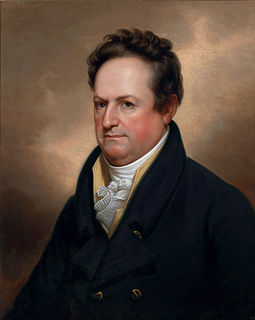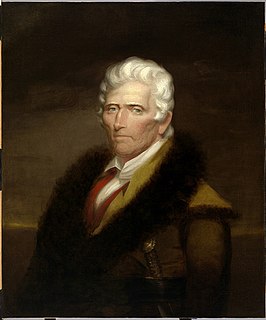A Quote by James Cook
Money without wisdom diminishes the pleasure and enjoyment of wealth.
Related Quotes
Many of the things that bring delight should not be owned. They are more enjoyed if another's, than if yours; the first day they give pleasure to the owner, but in all the rest to the others: what belongs to another rejoices doubly, because it is without the risk of going stale and with the satisfaction of freshness. . . the possession of things not only diminishes their enjoyment, but augments their annoyance, whether shared or not shared.
Philebus was saying that enjoyment and pleasure and delight, and the class of feelings akin to them, are a good to every living being, whereas I contend, that not these, but wisdom and intelligence and memory, and their kindred, right opinion and true reasoning, are better and more desirable than pleasure
There are two goddesses in your heart,” he told them. “The Goddess of Wisdom and the Goddess of Wealth. Everyone thinks they need to get wealth first, and wisdom will come. So they concern themselves with chasing money. But they have it backwards. You have to give your heart to the Goddess of Wisdom, give her all your love and attention, and the Goddess of Wealth will become jealous, and follow you.” Ask nothing from your running, in other words, and you’ll get more than you ever imagined.
To me, the capacity to earn money has never been a measurement of success. It is my belief that people must develop a philosophy early in life which permits them to have as much pleasure, enjoyment and satisfaction now as is possible without injuring themselves or others. Money can help to do this, but it is not and must not become the sole aim of a person's existence. We all know what happened to King Midas.
We therefore work, not for the work's sake, but for money—and money is supposed to get us what we really want in our hours of leisure and play. In the United States even poor people have lots of money compared with the wretched and skinny millions of India, Africa, and China, while our middle andupper classes (or should we say "income groups") are as prosperous as princes. Yet, by and large, they have but slight taste for pleasure. Money alone cannot buy pleasure, though it can help. For enjoyment is an art and a skill for which we have little talent or energy.
Could many of our ills today have resulted from our failure to train a strong citizenry from the only source we have - the boys and girls of each community? Have they grown up to believe in politics without principle, pleasure without conscience, knowledge without effort, wealth without work, business without morality, science without humanity, worship without sacrifice?
According to Gandhi, the seven sins are wealth without works, pleasure without conscience, knowledge without character, commerce without morality, science without humanity, worship without sacrifice, and politics without principle. Well, Hubert Humphrey may have sinned in the eyes of God, as we all do, but according to those definitions of Gandhi's, it was Hubert Humphrey without sin.
Paper money is like dram-drinking, it relieves for a moment by deceitful sensation, but gradually diminishes the natural heat, and leaves the body worse than it found it. Were not this the case, and could money be made of paper at pleasure, every sovereign in Europe would be as rich as he pleased. But the truth is, that it is a bubble and the attempt vanity. Nature has provided the proper materials for money: gold and silver, and any attempt of ours to rival her is ridiculous.
What has history said of eminence without honor, wealth without wisdom, power and possessions without principle? The answer is reiterated in the overthrow of the mightiest empires of ancient times. Babylon, Persia, Greece, Rome! The four successive, universal powers of the past. What and where are they?








































